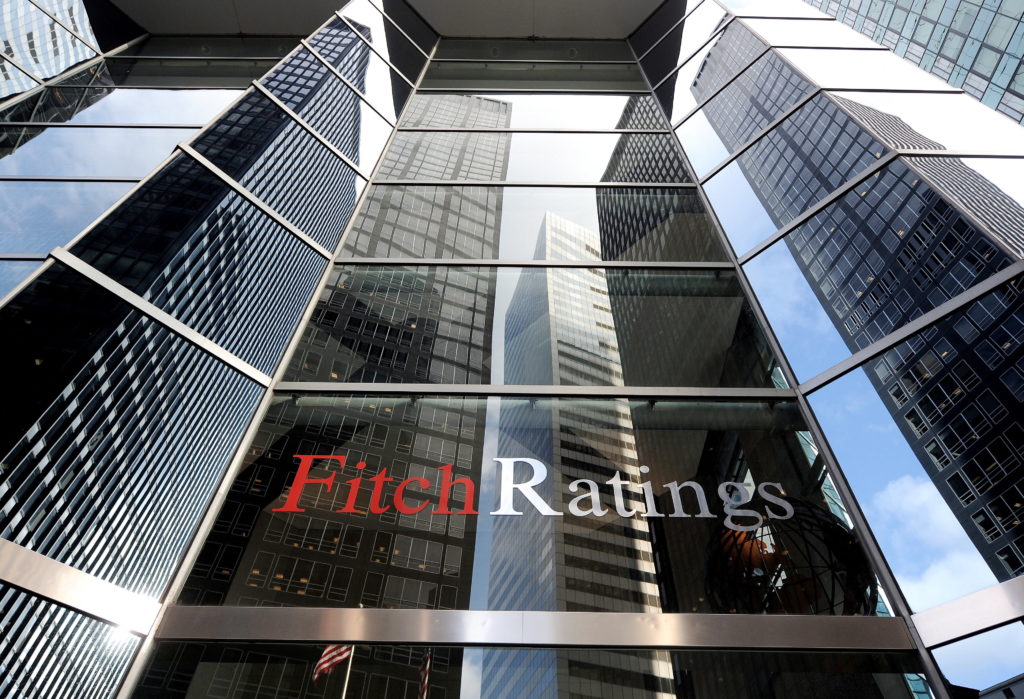BAKU
Fitch Ratings has revised its outlook on Azerbaijan’s long-term foreign-currency Issuer Default Rating (IDR) to “stable” from “negative” and affirmed the Issuer Default Rating (IDR) at ‘BB+’.
The agency forecasts economic growth of 2.1 percent in 2021 and 2.9 percent in 2022, below the projected ‘BB’-median of 4.2 percent growth.
It said that the revision of the outlook reflected the following key rating drivers:
The strength of Azerbaijan’s sovereign balance sheets has been preserved during the pandemic and is supported by upward revisions of Fitch’s oil price forecasts in the past six months, further easing the risk of a disorderly macroeconomic adjustment.
The risk of another COVID-19 wave or renewal of military conflict in Nagorno-Karabakh negatively impacting sovereign financial buffers has also receded since the agency’s previous review in November.
Sovereign foreign-currency assets ended 2020 at $49.9 billion, $0.3 billion higher than end-2019, of which the sovereign wealth fund (SOFAZ) comprises $43.6 billion.
External pressures have dissipated since $2.5 billion of SOFAZ foreign currency holdings were drawn down in March and April 2020 to support the exchange rate, and net demand for foreign currency has been stable.
Annual SOFAZ foreign currency sales totalled $7.3 billion in 2020, $0.7 billion higher than in 2019. SOFAZ assets marginally increased in 2020 as strong investment returns, helped by a rise in gold prices, offset the budget transfer and drag from lower oil prices.
Fitch forecasts the current account returns to surplus, of 5.9 percent of gross domestic product (GDP) in 2021 and 4.7 percent in 2022, largely reflecting the higher oil price.
Net foreign direct investment is also projected to recover to an average of 1.7 percent of GDP in 2021-2022.
“We forecast the sovereign net foreign asset position increases to 84.9 percent of GDP at end-2022 from 83.1 percent at end-2020, compared with the ‘BB’ median of -3.7 percent,” Fitch said.
“The risk of a disorderly devaluation, already assessed as low at our previous review, has fallen further.”
The agency said that the rating was also supported by Azerbaijan’s “very strong external balance sheet, low public debt and strong financing flexibility from large sovereign wealth fund assets, as well as favourable ease of doing business indicators.”

